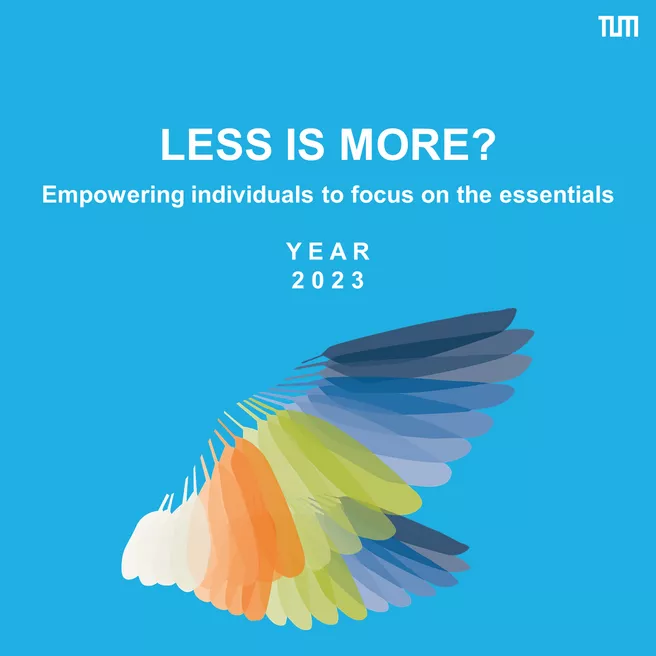On the following pages, the five teams introduce themselves. They will share their ideas and progress and during their research, they will link to their tests, workshops or surveys. You are very welcome to take part and follow the teams during their TUMJA journey!
Collaboration & Impact
"We want to maximise our impact by collaborating with already existing structures. We want to leverage expertise from different disciplines and sectors to predict the development of diseases caused by environmental factors in the future to improve the resource management and crisis prevention. We aim for the prevention of resource scarcity within the health sector based on predictive models using historical data from different sectors."
ERIK*A
"Low-threshold sex education for everybody! We try to bust cummon myths about sexuality, reproduction, and everything that cums with it - equally for everybody and every age group."
Pilot Projects
"We aim to achieve disruptive change in people's habits. Therefore, we plan to set up small pilot projects as case studies at university level. The goal is to use our experience to establish a paradigm for indepent pilot projects."
Healthy Habits
"Can completing short tasks (eating an apple, picking up trash) be fun? We want to create an application for users to share photos and videos of them completing small challenges. This will intrigue them to develop new habits and improve their physical and mental health."
Simple Language
"Our target is to tackle the issue of overusage of complex language. We want to: identify one specific field of application, where simple language could have a large impact, explore the effect of different levels of simplicity on accessibility and find an algorithm to generate such texts. Last but not least, we aim to eliminate the stigma of using simple language in the public, especially among the scientific community."
